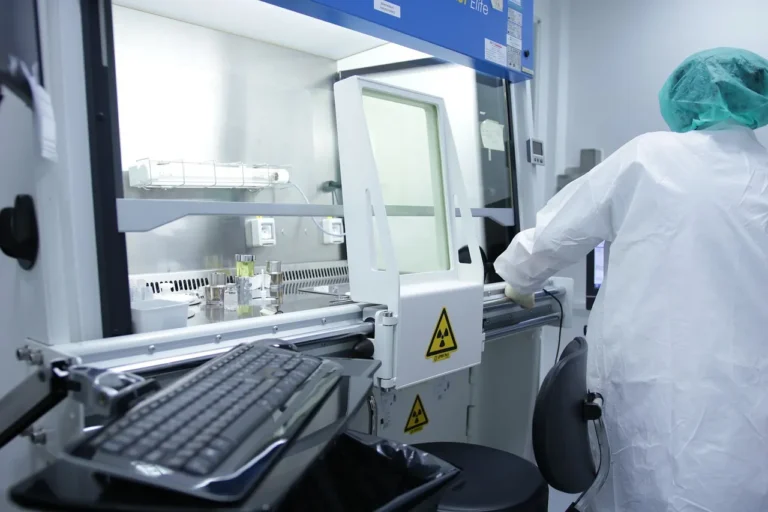
Merck, a leading science and technology company, today announced a licensing agreement with Inspirna, Inc. (New York, NY) for ompenaclid (RGX-202), a first-in-class oral inhibitor of the creatine transport channel SLC6A8, and SLC6A8-targeting follow-on compounds. Ompenaclid is currently being evaluated in a Phase II study for the second-line treatment of RAS-mutated (RASmut) advanced or metastatic colorectal cancer (mCRC).
“Over the past decade, the treatment paradigm for patients with RAS-mutated CRC, accounting for approximately 45% of the second-line population, has not seen major innovation,” said Victoria Zazulina, MD, Head, Development Unit, Oncology for the Healthcare business sector of Merck. “With our expertise in the treatment of CRC, and based on the encouraging early data for ompenaclid, this agreement with Inspirna offers the opportunity to advance a potential new first-in-class therapy that may improve outcomes for patients.”
Ompenaclid is a first-in-class oral inhibitor of the creatine transport channel SLC6A8. Data from the Phase Ib/II study of ompenaclid in combination with FOLFIRI and bevacizumab showed encouraging efficacy and safety for second-line treatment of RASmut mCRC. Results presented at the 2023 European Society for Medical Oncology (ESMO) Congress showed that, as of the September 18, 2023 data cutoff, median progression-free survival was 10.2 months and median overall survival was 19.1 months across all 41 patients with RASmut mCRC. Of the 30 patients evaluable for response, the objective response rate was 37%, with 11 partial responses. Ompenaclid was well-tolerated, with no dose-limiting toxicities observed in the dose-escalation cohort and combination safety profile comparable to FOLFIRI plus bevacizumab backbone treatment. Inspirna has initiated a Phase II double-blind randomized controlled trial in second-line RAS-mutant advanced or metastatic CRC comparing ompenaclid versus placebo plus FOLFIRI and bevacizumab.
The collaboration with Inspirna builds on Merck’s long-standing commitment to the colorectal cancer community. 2024 marks the 20th anniversary of the introduction of ERBITUX®, for which the company has marketing rights outside the U.S. and Canada, as a backbone treatment in mCRC; today, multiple active clinical trials continue to evaluate ERBITUX® in this disease. The company is also developing M9140, a CEACAM5-targeting antibody-drug conjugate with an exatecan payload currently being evaluated in an ongoing Phase Ia/b study in patients with mCRC.
“We are excited to partner with Merck, a leader in the oncology field with global drug development and commercial expertise in colorectal cancer specifically, to help bring our novel therapies to more patients in need,” said Dr. Usman “Oz” Azam, MD, Chief Executive Officer of Inspirna. “The data to date validates our belief in ompenaclid as a potential first-in-class therapy for advanced colorectal cancer and underscores the power of our proprietary target discovery platform RNA-DRIVEr™. We look forward to working closely with Merck as we continue to evaluate ompenaclid in the ongoing Phase II randomized controlled trial.”
Under the terms of the license agreement, Merck will receive an exclusive license to ompenaclid outside of the United States and an option to co-develop and co-promote ompenaclid in the US. Furthermore, the parties agreed to collaborate on Inspirna’s SLC6A8 follow-on compounds for which Inspirna will retain US co-development and co-commercialization rights. Inspirna will receive an upfront payment of $45 million. Upon the achievement of certain development and sales milestones for ompenaclid, Inspirna is eligible to receive milestone payments with tiered royalty rates in the low teens on net sales outside of the US. Inspirna is eligible to also receive development, regulatory and sales milestone payments for each follow-on compound targeting SLC6A8 along with up to double-digit royalties on net sales outside of the US.





